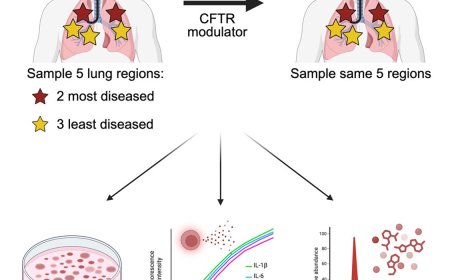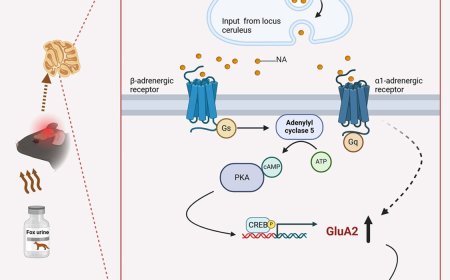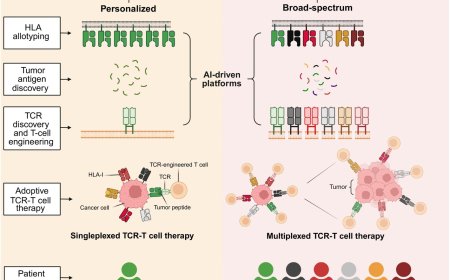Role of creatine kinase B in lipid metabolism

The roles of cytosolic (CKB) and mitochondrial (CKMT2) creatine kinases in adipogenesis are unclear.
The researchers found that both CKB and CKMT2 are progressively upregulated during differentiation and identified creatine kinase B (CKB) as a metabolic sensor during white adipocyte differentiation.
They show that CKB interacts with AKT and modulates insulin signaling and glycolysis to restrain carbohydrate-responsive element-binding protein (ChREBP) activation, thereby controlling de novo lipogenesis.
Loss of CKB causes persistent AKT-mTORC1 signaling, increases glycolytic flux, and enhances ChREBP activation, thereby promoting glucose-derived lipid synthesis.
This work links creatine metabolism to nutrient-responsive transcriptional regulation of lipid accumulation.
https://www.cell.com/cell-reports/fulltext/S2211-1247(25)01260-4
https://sciencemission.com/control-lipid-accumulation-during-adipogenesis













